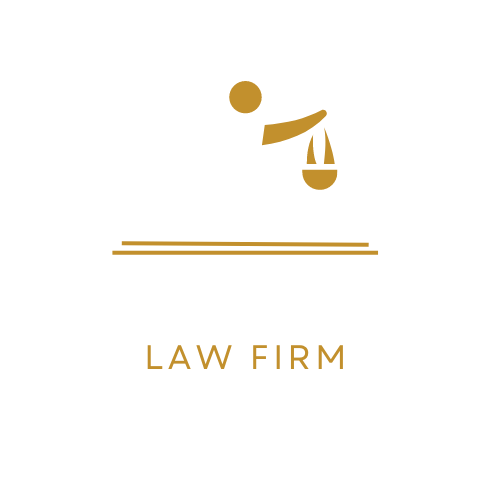Personal injury attorneys typically operate under contingency fees in personal injury cases. They only receive payment once their clients win compensation from insurers, providing motivation for them to pursue every case to its successful conclusion.
As with any professional service, personal injury lawyers’ earnings depend on a range of factors, including case duration and complexity, settlement size and other considerations.
Contingency fees
Contingency fee arrangements enable those unable to afford legal representation access to quality legal services through expert New York personal injury lawyers who are invested in seeking out positive results for their client and are motivated to efficiently manage the case.
Personal injury lawyers working on contingency basis have an incentive to carefully evaluate each case’s merits before accepting them, increasing the odds of successful settlement. They are able to focus their efforts on cases with strong merits for greater settlement amounts for their clients.
Dependent upon the nature of your case, some expenses may be included in a contingency agreement such as court filing fees or expert witness costs. Other expenses, like medical records retrieval costs are usually separate. It’s important to discuss with your lawyer whether their percentage fee calculation takes into account expenses prior to deducting them from your total fee amount.
Hourly fees
Personal injury cases often hinge upon the nature and extent of injuries sustained; severe injuries requiring extensive legal expertise to secure fair compensation drive up the costs of representation; prolonged legal battles often lengthen court appearances, increasing representation hours as well as costs.
Other case-related expenses may include investigation costs (hiring investigators to gather evidence, reconstruct accident scenes, or interview witnesses) and medical record retrieval fees charged by healthcare providers or insurers. Deposition transcripts require court reporting services; thus incurring further expenses.
Personal injury attorneys typically operate on a contingency fee basis, meaning they don’t charge upfront fees or retainers and only make money when winning compensation through settlement or verdict. This arrangement is common in New York and helps ensure lawyers align their interests with those of their clients; it’s essential to negotiate fees beforehand and get everything in writing before hiring one.
Expert witness fees
Expert witness fees can quickly add up, especially in cases with numerous medical records or costly tests. An expert could charge several hundred dollars an hour plus expenses such as travel and accommodation expenses.
Personal injury attorneys typically partner with experts to build their cases effectively. Experts know the tactics insurance companies employ to minimize payouts and can identify damages that might not be immediately visible such as future medical costs or suffering damages.
Clients must consider not only attorney’s fees but also other costs such as court filing fees and costs associated with retrieving medical records and police reports from hospitals or police stations. Lawyers usually cover these expenses up front and deduct them from any recovery won by their clients. Communication regarding billing practices will ensure a fair and transparent process for everyone involved with the case; experts should provide an estimate of time and resources required to complete specific tasks effectively to avoid over-consultation.
Flat fee arrangements
Personal injury attorneys frequently offer various fee arrangements to give clients maximum flexibility while aligning their interests with those of their client, such as retainers plus hourly billing.
Although less popular among personal injury claims, an hourly fee structure may be appropriate in complex or time-consuming cases. Rates usually range between $150 to $500 or even higher per hour, depending on a lawyer’s experience and location.
Contingency fees are the go-to payment solution in personal injury lawsuits. This payment model allows clients to only pay their attorney if their case is successful, eliminating upfront costs and more closely matching attorney compensation to your financial circumstances. Furthermore, contingency fees help make sure your lawyer prioritizes your claim by challenging insurance company efforts to reduce payments, while they may deduct their previous fees and expenses from any final settlement or award made against you – another key consideration when selecting a legal professional.

